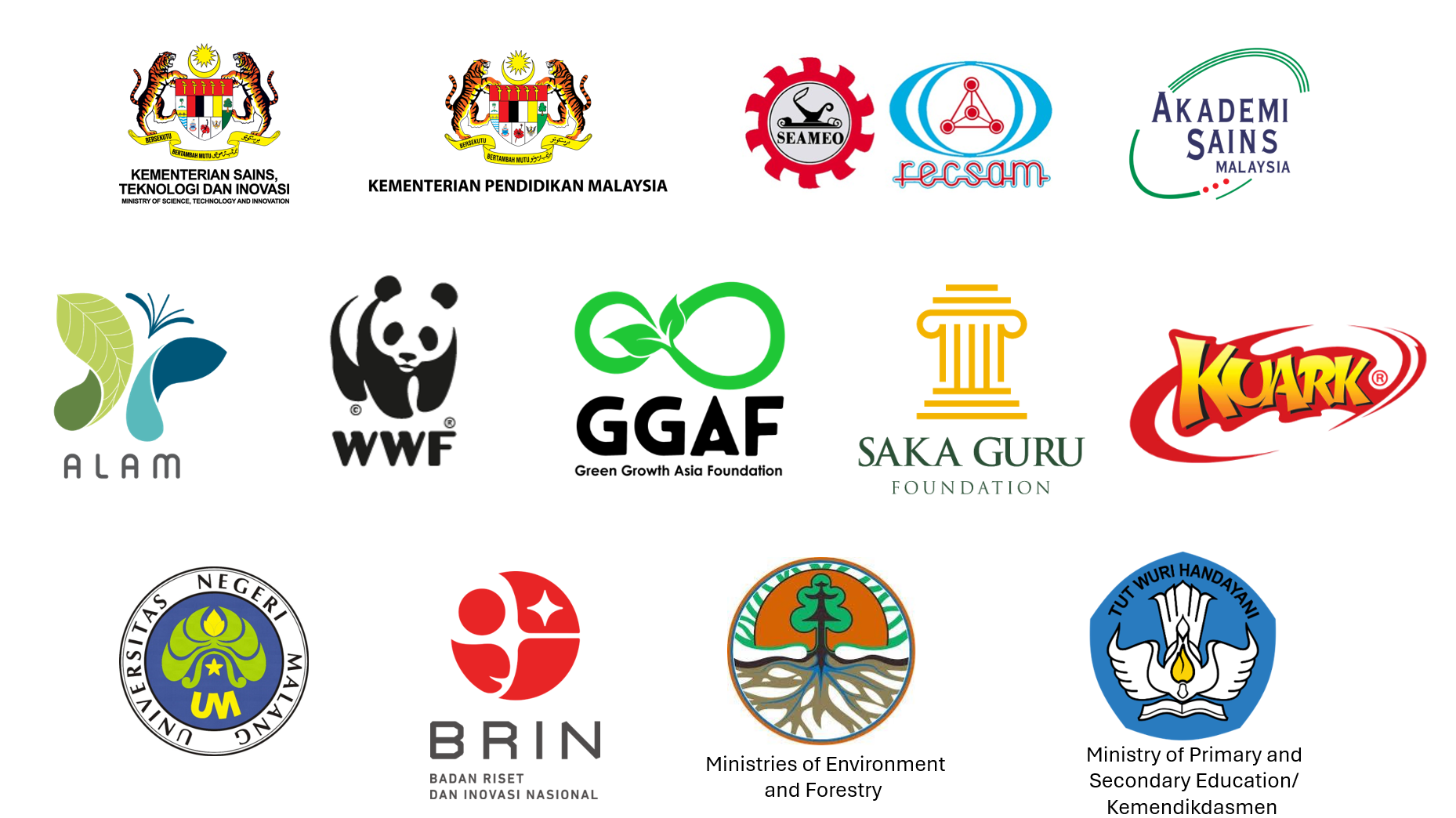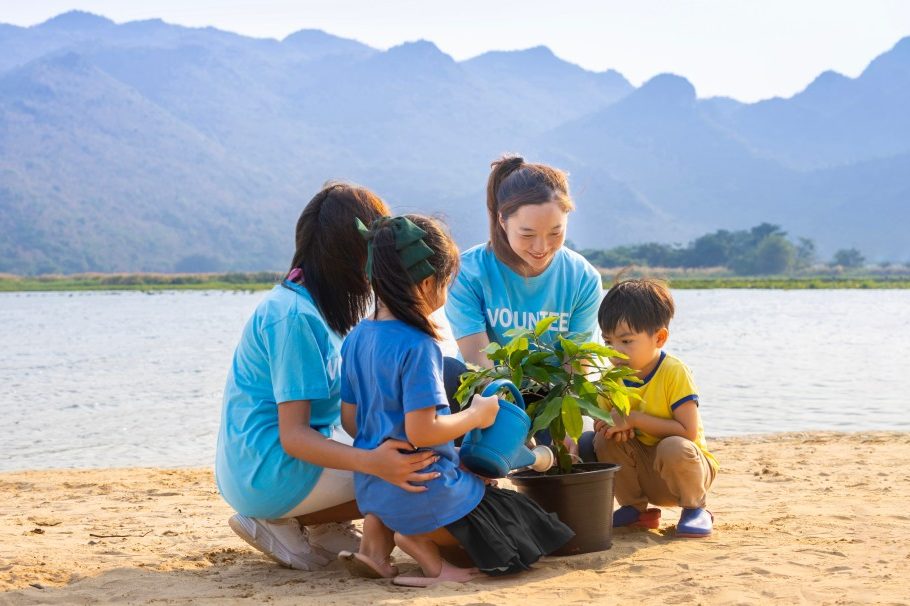Climate Change Education
Climate Change is one of the most pressing challenges of our time, disrupting ecosystems, straining economies, and threatening the well-being of communities worldwide. Education plays a vital role in building the knowledge, skills, and mindsets needed to understand, adapt to, and act on the climate crisis.
In line with Article 12 of the Paris Agreement, which underscores the importance of Climate Change Education (CCE), ISTIC is committed to making CCE a cornerstone of its work in Science, Technology, and Innovation (STI) for sustainable development.
To answer this call, ISTIC is embarking on a transformative regional initiative: the Greening Education for Southeast Asia (GE4SEA) programme.
Greening Education for Southeast Asia (GE4SEA)
The Green Education for Southeast Asia (GE4SEA) programme is a comprehensive five-year initiative (2025–2030) aimed at revolutionizing climate change education in primary and secondary schools across Southeast Asia. This initiative seeks to operationalize the principles of the Greening Education Partnership (GEP), established by the United Nations in 2022, making climate change education a cornerstone of the region’s climate adaptation strategy.
Curriculum Development
Designing and integrating climate change education into school curricula to ensure students receive structured and impactful learning experiences.
Teacher Training
Equipping educators with the necessary tools and knowledge to effectively teach climate change concepts and solutions.
Community Engagement
Encouraging partnerships with local communities to enhance climate awareness and action at the grassroots level.
Student Leadership
Empowering students to take an active role in sustainability efforts through projects and advocacy initiatives.
Monitoring & Evaluation
Implementing a robust framework to assess the program’s effectiveness and refine strategies over time.
Pilot Programme
GE4SEA will be co-coordinated by ISTIC and the Office for Climate Education (OCE), with Malaysia and Indonesia as the two pilot countries. The program will be funded through a mix of governmental, private, and philanthropic sources, ensuring sustainability and long-term impact.
Main Coordinators

Core Collaborators



